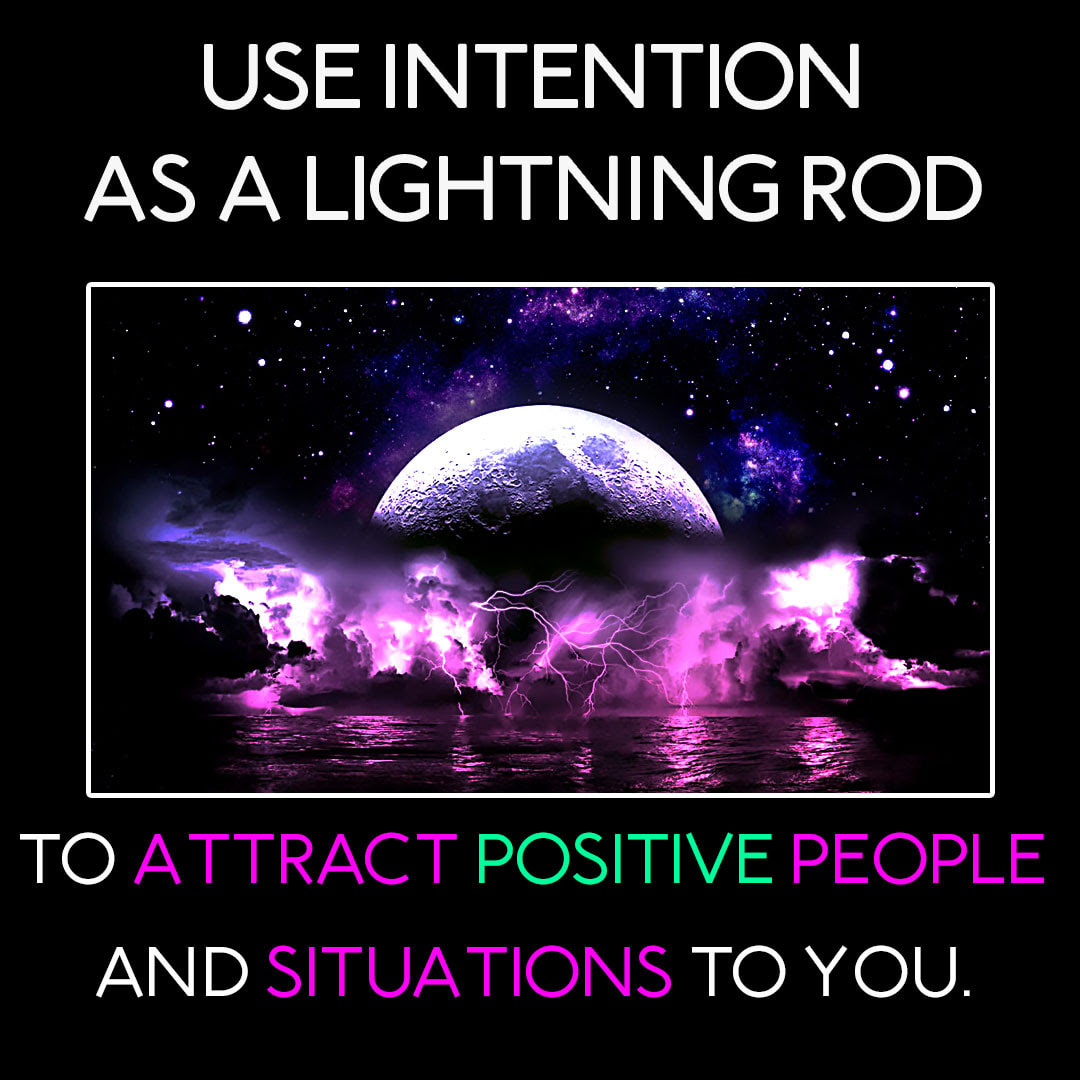Others are "I've been trying to find a solution to my problem for years", and "my _____ (eye doctor, pediatrician, educational consultant, etc.) said it doesn't work or that there are no good studies proving it does (not true)."
I'm very empathetic, as I suffered for years with the inability to focus during reading. It wasn't until I "happened" to listen to a radio program called "Colored Glasses" that I found out about it myself.
I had tried for years to remedy the frustrating problem with all sorts of natural methods that I had studied...to no avail.
Hearing that Irlen practitioner ask during the interview, "do you have to use your finger to keep your place?" changed my life!
When I took my Screener certification, the trainer told poignant stories about people who the Irlen Method had helped. They even included the account of an ex-soldier who cried when he was able to read without distortion for the first time, saying "I'm not stupid!"
Not surprisingly, I say, "every teacher, parent, school administrator, pediatrician, opthamologist and educational "consultant" should know about Irlen--especially when I remember so many among the many hundreds of children and adults who walked out smiling after finally finding the solution to their struggles, after having been told countless fruitless times that their "eyesight" was fine. That's because Irlen isn't a vision problem, it's a brain issue. The visual cortex of the brain gets stressed and overworked from certain frequencies or types of light, glare or black and white patterns.
One of the best things abut the Irlen Method is that it works instantly! No "building up" or "getting used" to it. Walk in struggling, walk out better!
If you or someone you care about are experiencing difficulty or discomfort with visual tasks or have migraine headaches, don't wait. The cure could be right in front of your eyes!


 RSS Feed
RSS Feed